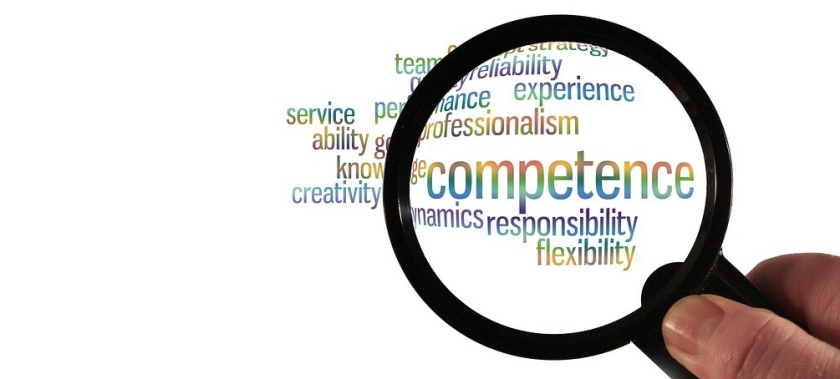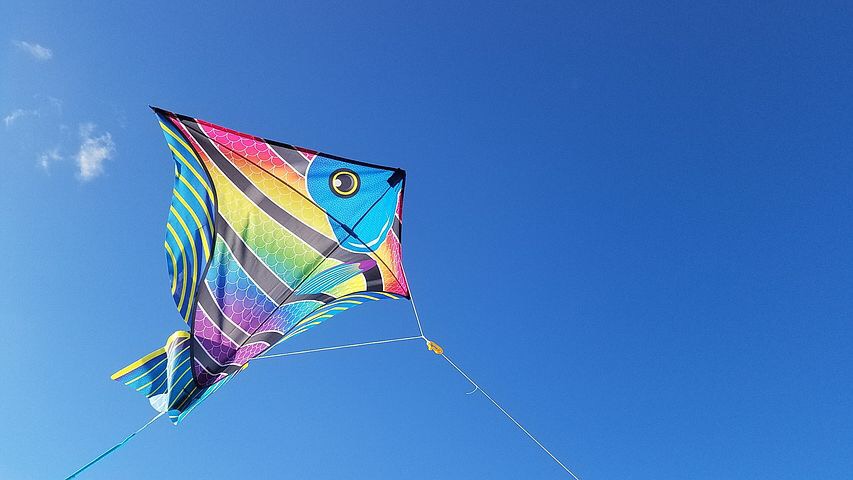
People get stressed when they are faced with a problem that is quite beyond their competency to solve, but which they are expected to solve. They know that they have to solve it, but they are unsure on how to go about it. As unsolved problems mount, the greater is the stress and unhappiness of the person.
Stress levels rise proportionately to the magnitude of the gap between expected competence and actual competence. A graduate of a good university is expected to perform well in a job that they applied for, while an employee who did not even finish college will not be expected to meet such standards. Farmers can live a happy life even if they did not go to school. No one expects them to know more than farming. But if even in farming, they don’t seem to do the job well, then they will feel the pressure of their wives and the criticism of their neighbors. Stress and distress begin.
There are two kinds of competency: technical competency and personal competency. It is the second one that is more important.
Technical competency means that an electrical engineer knows the job of an electrical engineer and possesses the requisite knowledge of the profession. An accountant knows how to complete financial statements and do all the ledgers, accrual basis, bank reconciliation and other things an accountant should know. When one is an accountant and has inadequate knowledge and skills about accounting, the person will feel stressed because he or she knows that the expectation is valid, but he or she is unable to deliver that which he implicitly promised to deliver.
Young people therefore must realize at a young age what it means to be professionally competent and to have the initiative to attain this regardless of the educational standard of the school they find themselves in. With Youtube, Khan Academy, Wikipedia, and a host of free resources in the internet, anyone can learn practically anything on a sufficiently high level.
But it is the second competency that is truly important — personal competency. This covers a host of qualities that are truly valuable in a person: self-confidence, self-esteem, initiative, curiosity, willingness to learn, stick-to-it-iveness, resourcefulness, perseverance, result-orientedness, emotional intelligence, leadership, unselfishness, trustworthiness, volunteerism and similar qualities. If it is overlaid with cheerfulness, optimism, and compassion, then you have someone who is destined for success in any field that they get into. A person who has these qualities can learn almost any skill or technical competency.
Personal competency is a quality that is nurtured from early childhood. When children are not put down (“idiot,” “dumb,” “useless”), frequently criticized or humiliated, then they do not develop low self-esteem, a factor that drags personal competency down to a very low level even if they are actually intelligent. On the other hand, when they feel accepted as they are, receive sincere praises when deserving, and feel that they are loved, then they are developing a personality foundation that will be solid and stable, and which can sustain them even during times of trial, adversity and setback. They will grow up not fearing failure or making mistakes. They are willing to take measured risks. They are ready to apologize when it is due. The world to them will not be a hellish or oppressive place, and life will be a positive adventure and a happy experience.
It is unfortunate that many schools do not teach this second kind of competency as systematically as they teach mathematics and grammar. Unfortunate too is the fact that many parents are the primary demolisher of such personal competency.
These then are what parents and schools should look at: the development of technical competency and personal competency, and to remember that the second one is more important than the first.




